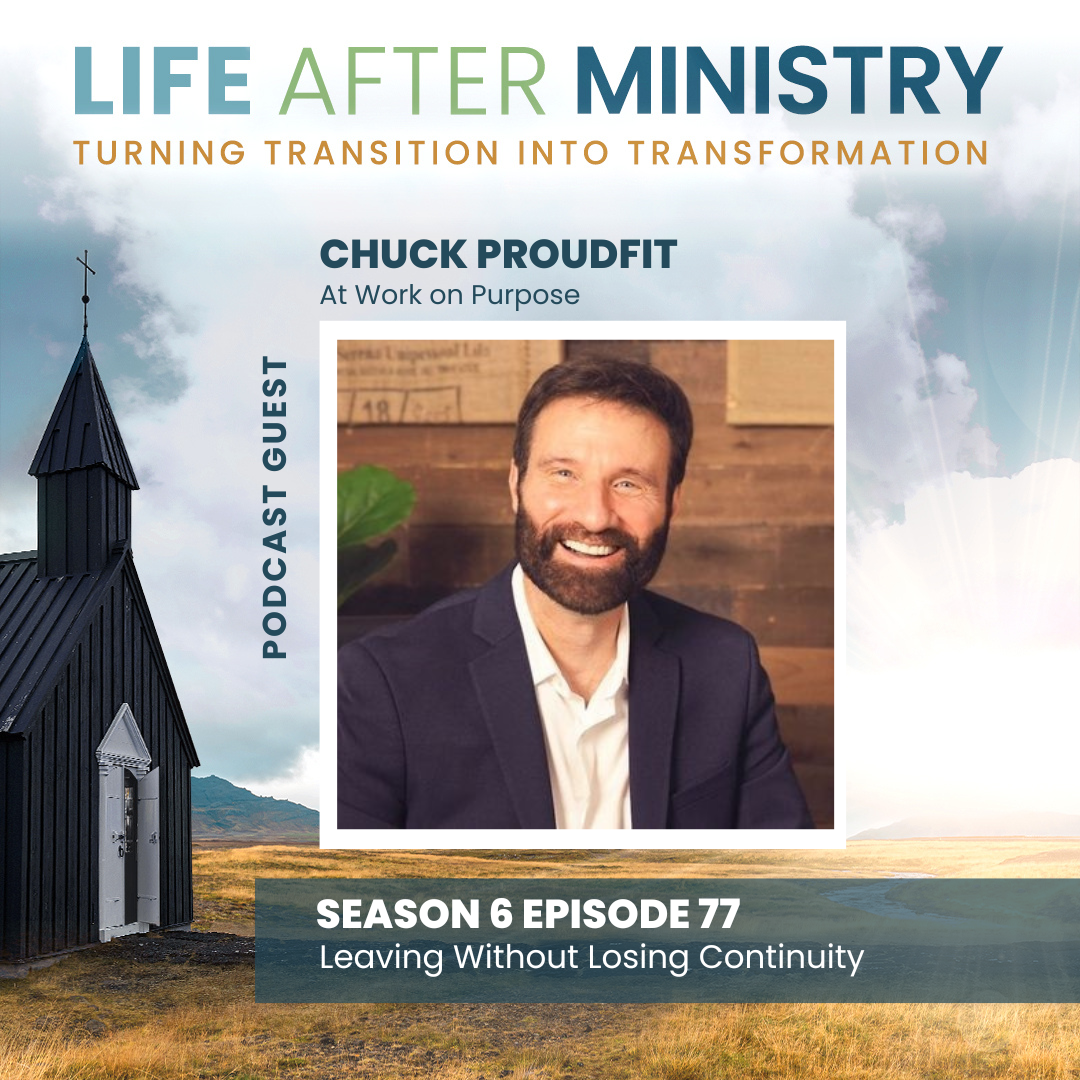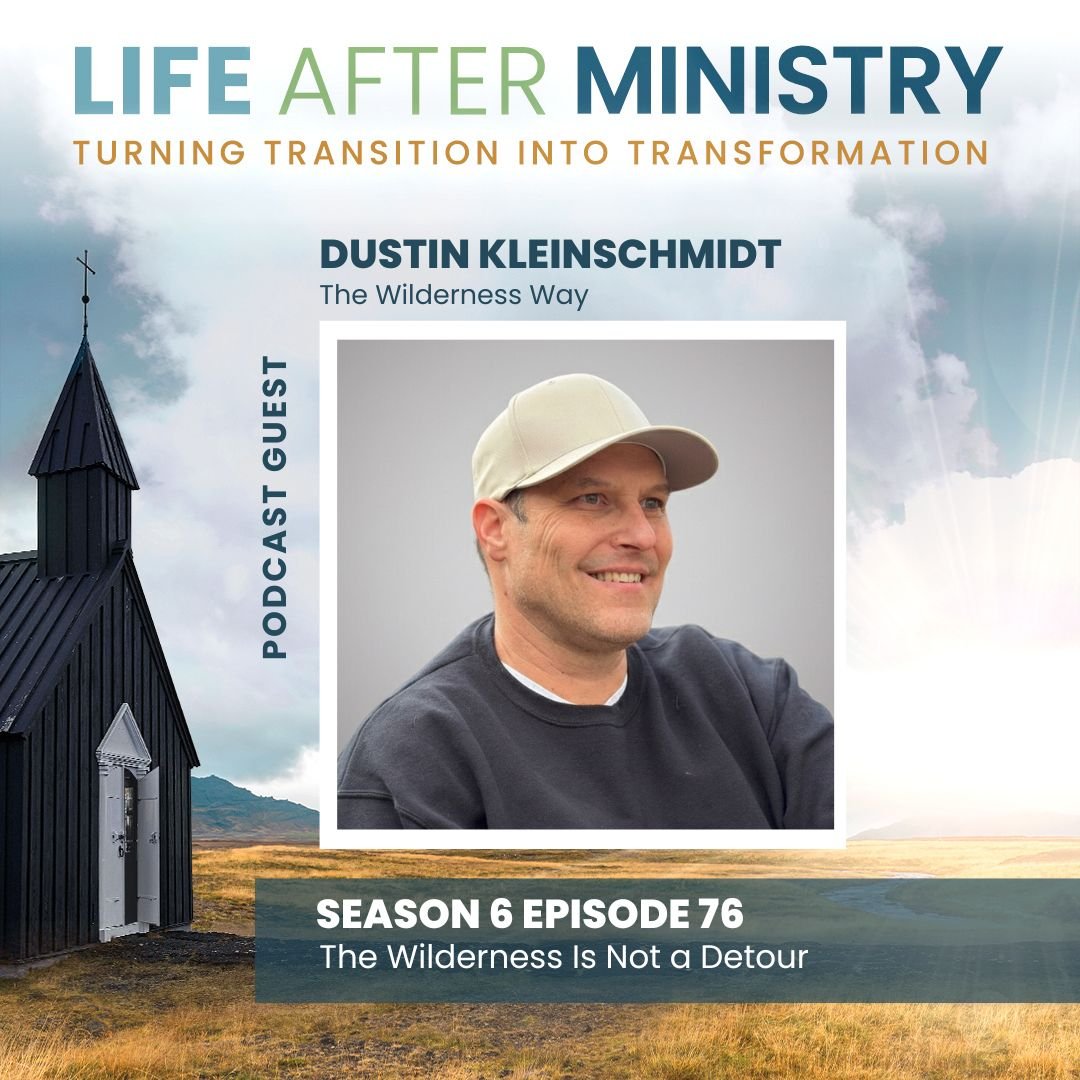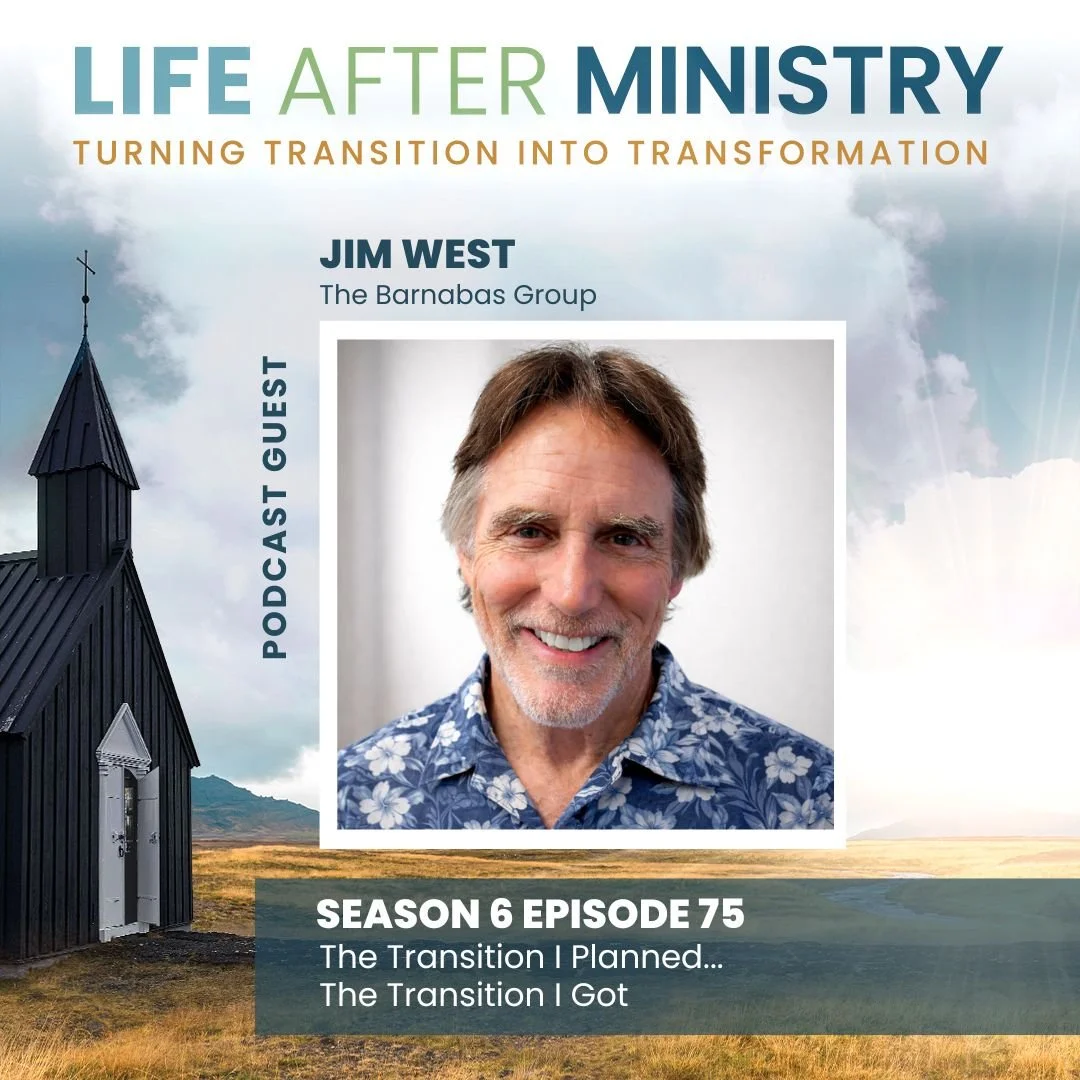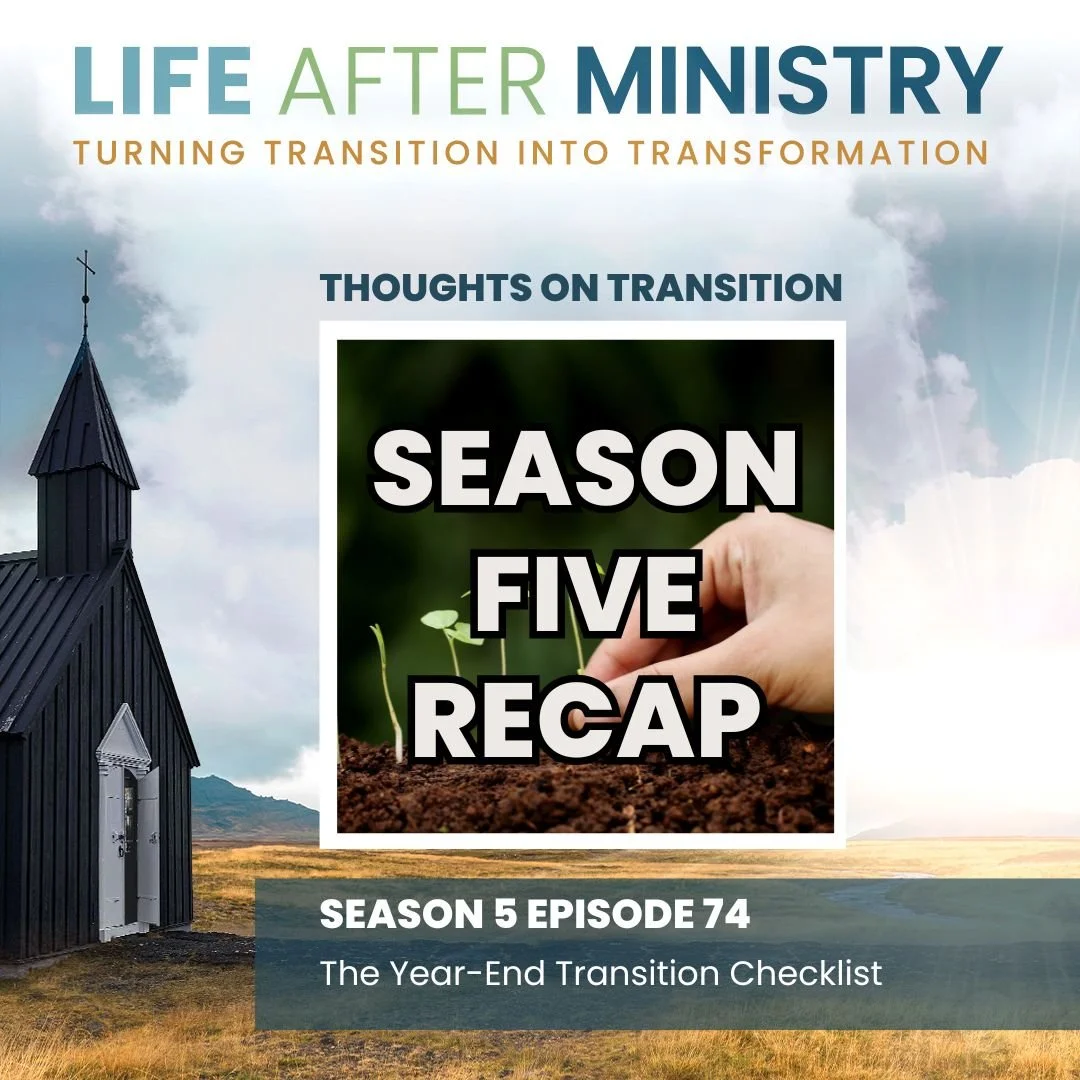Stewardship and Succession: Why Churches Must Talk About Retirement
The Silence Around Retirement
Across the church landscape, a quiet crisis is unfolding. Senior pastors and leaders who have faithfully preached, counseled, baptized, and buried for decades often reach their mid-60s or 70s only to realize they cannot afford to retire. Congregations assume the board has a plan. Boards assume the pastor has been setting money aside. And pastors, driven by both calling and shame, often avoid the conversation altogether.
The result is painful: leaders trapped in pulpits they long to release, churches stuck in limbo waiting for a transition, and families burdened by uncertainty. Retirement in ministry is rarely talked about, but its absence is deeply felt. The good news? This doesn’t have to be the story. With biblical stewardship, financial courage, and organizational planning, churches can protect leaders and prepare for the future.
1. Counting the Cost: A Biblical Mandate
Jesus asked a simple question in Luke 14:28: “For which of you, desiring to build a tower, does not first sit down and count the cost, whether he has enough to complete it?” The principle is clear. Planning is not a lack of faith - it is an act of obedience.
In too many churches, the assumption has been that God will provide without the need for financial structures or succession strategies. But Scripture calls us to both faith and stewardship. Just as Joseph stored grain during years of plenty to prepare for famine, churches must set aside resources to ensure their leaders are cared for when the season of active ministry ends.
Ignoring retirement planning doesn’t honor God. It risks placing faithful servants into poverty, undermines the stability of the church, and sends a message to the next generation that leadership ends in scarcity and fear. Stewardship means planning ahead—not just for buildings and programs, but for people.
2. Why Pastors Stay Silent
Why don’t ministry leaders talk about retirement? The reasons are layered and human.
Fear of perception. Pastors worry they’ll be seen as greedy if they raise questions about money.
Shame. Many leaders feel embarrassed to admit they haven’t saved or don’t understand financial planning.
Scarcity mindset. The church culture has long carried an unspoken rule: spiritual leaders must sacrifice materially to prove their devotion.
Lack of solutions. Even when boards recognize the issue, they often don’t know what tools are available to provide for leaders.
The silence leaves both pastors and churches unprepared. By the time the conversation finally surfaces - often when a leader is in their mid-60s - the window for planning is painfully small.
3. The Board’s Responsibility
Boards are entrusted not only with governance, but with shepherding the resources God provides. That includes caring for the leaders who serve. 1 Timothy 5:17 reminds us: “Let the elders who rule well be considered worthy of double honor, especially those who labor in preaching and teaching.”
Annual compensation reviews should not be optional. They should be a rhythm of stewardship, ensuring leaders are paid fairly, retirement contributions are being made, and long-term planning is on track. Healthy organizations review not just budgets, but the well-being of their people.
When boards avoid these conversations, they leave pastors bearing the full weight of financial uncertainty. Courageous boards embrace their role—not as a burden, but as a vital expression of care and stewardship.
4. Financial Tools Churches Overlook
The corporate world has long used deferred compensation plans, retirement trusts, and structured savings to prepare leaders for transition. Churches often assume these are out of reach or inappropriate. In reality, there are powerful tools available:
403(b)(9) Plans. Designed specifically for churches, these allow for tax-advantaged retirement savings.
Rabbi Trusts. Flexible, irrevocable trusts that allow churches to set aside funds specifically for a leader’s retirement, ensuring security without losing organizational control.
Retrospective Compensation Studies. These studies review past underpayment - common for founding pastors or those who worked unpaid early in their ministry - and create a basis for restoring compensation in retirement planning.
These tools don’t create extravagance. They create dignity. They ensure that leaders who poured decades into ministry can step into their next season without fear of poverty.
5. Courageous Conversations
At the heart of the issue isn’t just money - it’s courage. Leaders hesitate to bring it up. Boards hesitate to press in. Congregations hesitate to ask. But silence costs far more than an awkward conversation.
Churches must create a culture where discussing retirement and succession is normal, not taboo. Just as budgets are prayed over and approved, so should compensation strategies and long-term plans. These conversations require humility, honesty, and clarity - but they also produce peace.
A courageous board doesn’t wait until a leader is 64 and weary. They begin the conversation early, review it annually, and adjust as needed. Courage isn’t just about facing conflict - it’s about proactively creating health.
6. Preparing for the Next Season
Succession planning isn’t about forcing leaders out. It’s about making sure they can step into the next season with strength. A pastor may not want to retire, but when they do, they shouldn’t be trapped by finances. They should be free to mentor, teach, consult, or simply rest in God’s provision.
Too often, leaders fear the future. Yet those who do transition often discover what Psalm 92:14 declares: “They still bear fruit in old age; they are ever full of sap and green.” With planning, the final chapters of ministry can be fruitful, freeing, and even more impactful than the years before.
A Call to Stewardship
The Church cannot afford to ignore this. Pastors deserve to finish well. Congregations deserve clarity. And the next generation deserves to inherit organizations that plan with courage and stewardship.
Now is the time to start. Not when your pastor is 65. Not when the board is panicked. But now - on the first day of ministry, and every year after. Stewardship means caring for both the mission and the people who carry it forward.
With 25+ years in faith-based executive leadership, Matt Davis knows the wins, the losses, and everything in between. As Executive Pastor, he led a team of 140+, tackling the challenges that come with big vision and real impact. As President of Ministry Transitions, he guides churches through tough leadership changes. Matt and his wife, Marilee, host the Life After Ministry Podcast, where they dive into real talk with former pastors who’ve found their kingdom assignment beyond church walls - unfiltered stories of grit, growth, and God’s purpose beyond the pulpit.







